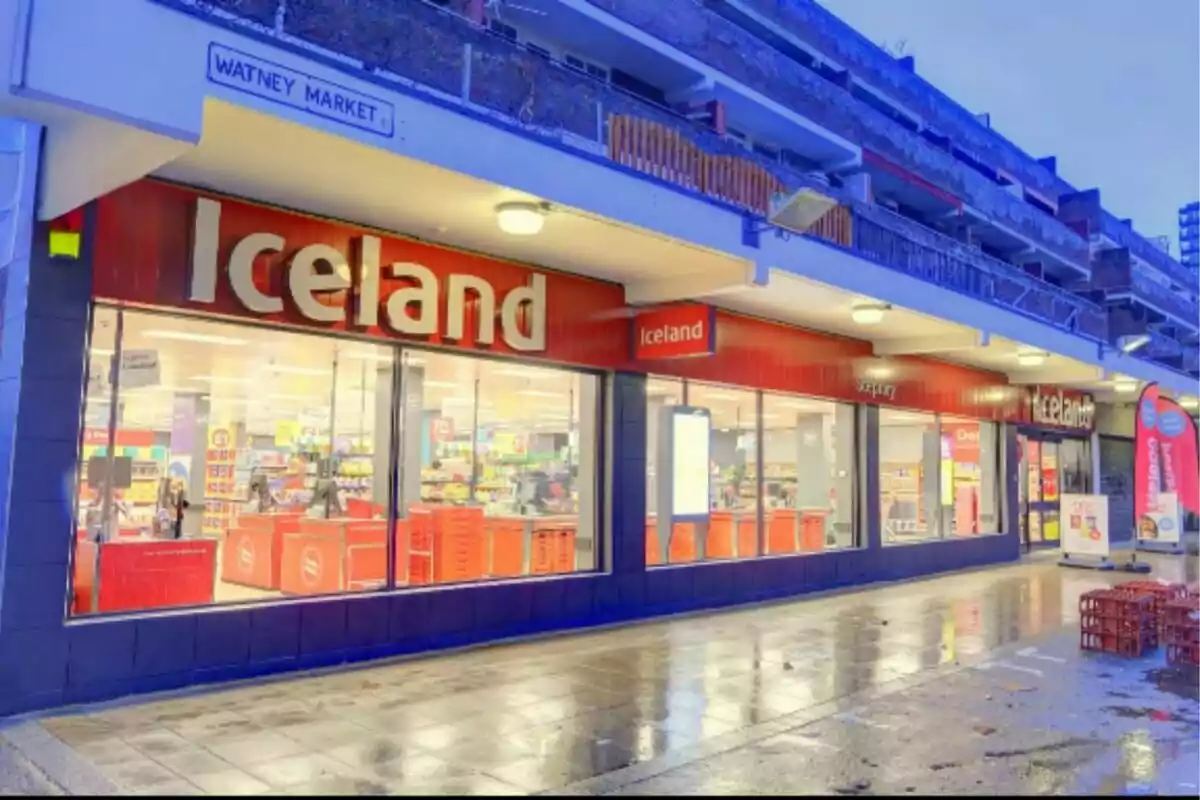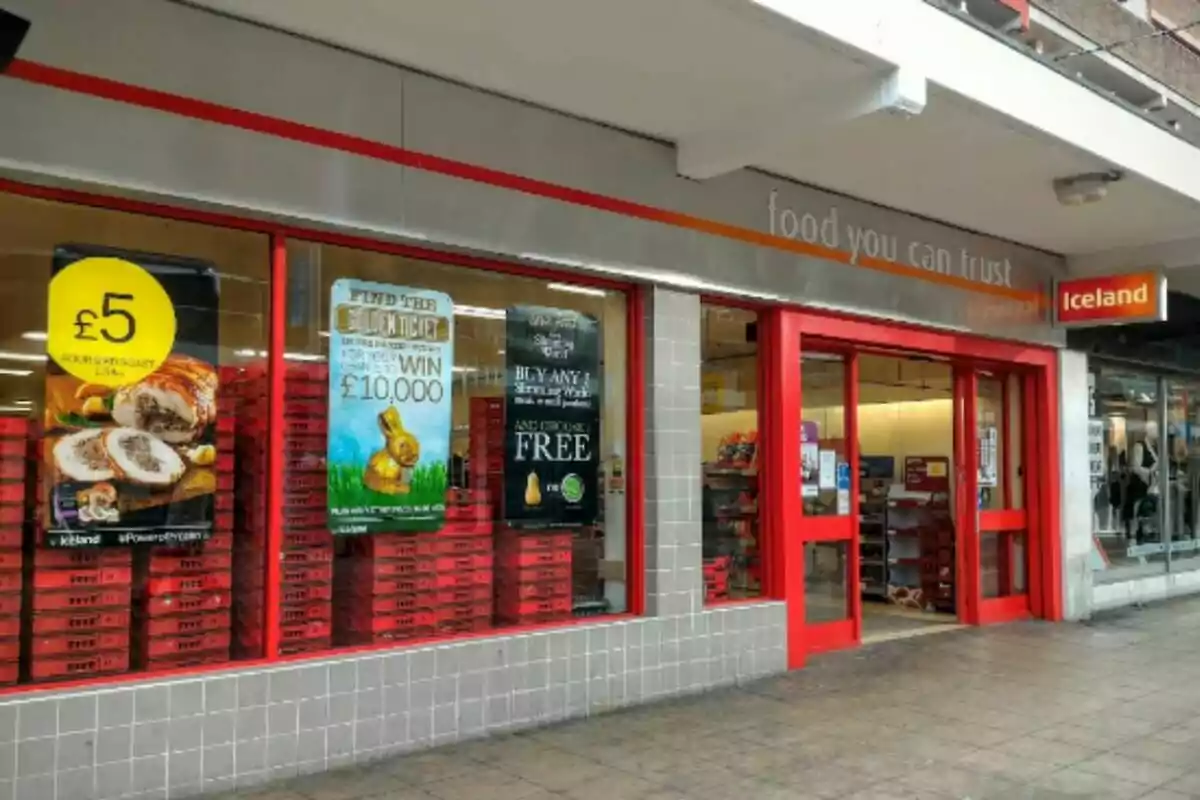
Shock at Aldi: its biggest rival takes a drastic step against theft
The chain is exploring new ways to reduce economic losses and improve security in all its stores
The increase in thefts at supermarkets has become a growing problem for retail chains such as Aldi. Modern shopping methods, such as self-service, make it difficult for employees to detect when a customer tries to take a product without paying. This situation causes financial losses and increases tension among store staff.
In this context, British supermarket chain Iceland has decided to adopt an innovative measure to combat theft. The company will offer its customers a financial incentive for alerting staff about ongoing thefts. The idea is to reduce losses, protect employees, and create a more vigilant community within its stores.

A program that rewards customer collaboration
Richard Walker, Iceland's CEO, told BBC that customers who notify staff of a theft will receive a £1 credit on their Iceland Bonus card. The chain estimates that thefts cost them around £20 million per year, affecting not only their profits but also their ability to lower prices and improve wages. According to Walker, thefts are not a victimless crime but a real cost that involves intimidation and risks for workers.
The economic impact of thefts is reflected in studies showing how organized crime increases product prices. The loss resulting from thefts and robberies affects not only the targeted stores but also nearby competitors. Iceland's measure seeks to have customers help stop this trend and, at the same time, keep prices lower.
Recent data confirm a worrying increase in store crime. Between 2019 and 2023, shoplifting incidents rose by 93%, and resulting losses increased by 90%. On average, retailers recorded 177 thefts per day, while in some sectors, the number exceeded 1,000 daily. In addition, violence and aggression associated with these crimes have increased, with 73% of retailers reporting more aggressive behavior.

Does paying for theft alerts really work?
Although Iceland's initiative seems innovative, the effectiveness of paying customers to report thefts is debated. A report from the United Kingdom's Department of Justice indicates that offering financial rewards and anonymity doesn't guarantee that more people will report crimes. Experiments conducted with shoppers before entering supermarkets revealed that the intention to report did not increase significantly when an incentive was offered.
Experts conclude that the behavior of alerting about a theft is mainly motivated intrinsically and doesn't depend on external rewards. For this reason, although programs like Iceland's may raise awareness and participation, their real impact on reducing thefts is still uncertain. However, the measure reflects a creative approach to protecting employees and customers and minimizing financial losses.
The increase in crime at supermarkets and the aggressiveness of thieves remains a challenge. Iceland is trying to involve its community to address the problem without putting its staff at risk. Only time will tell if this method manages to significantly reduce thefts and improve safety in British stores.
More posts: